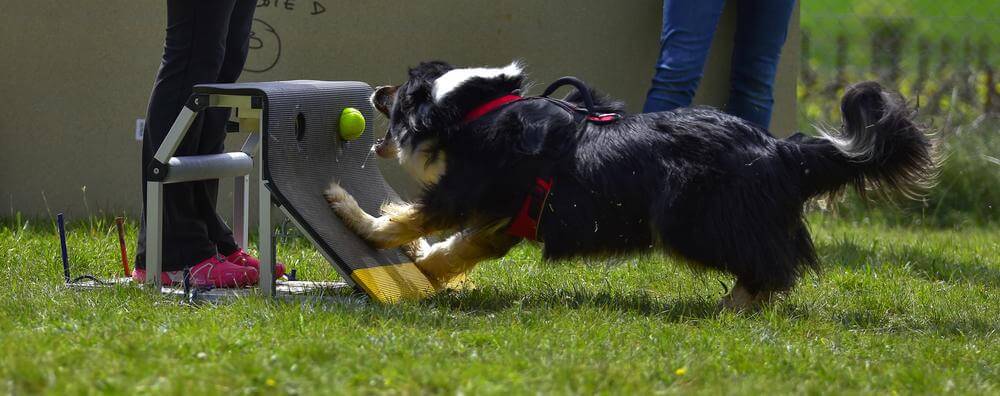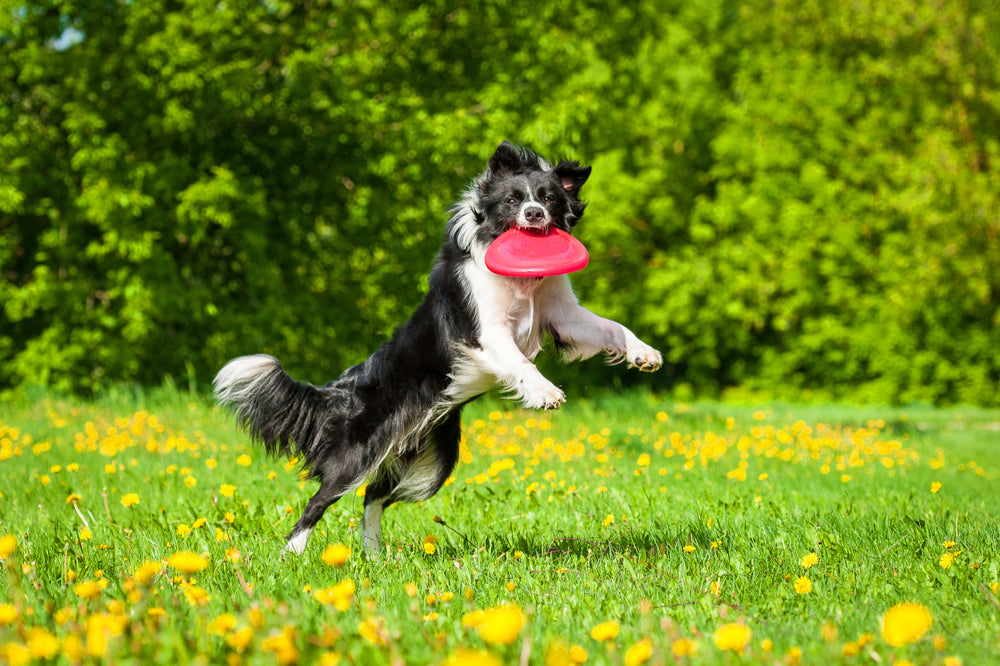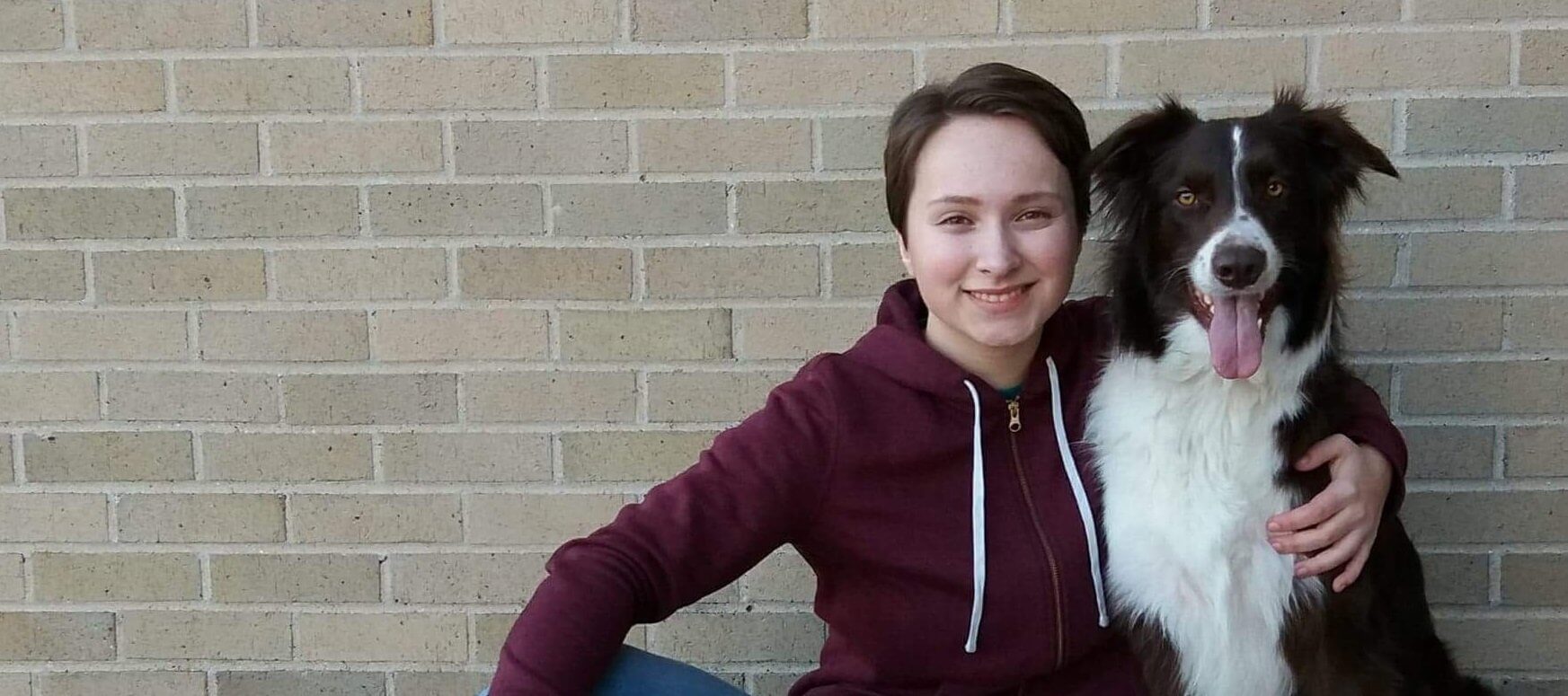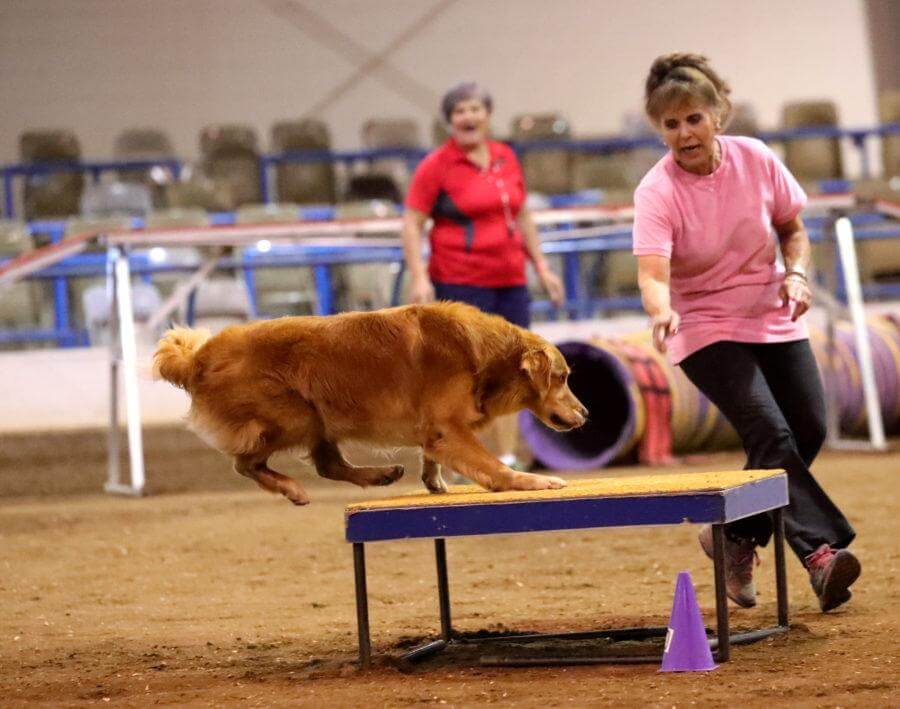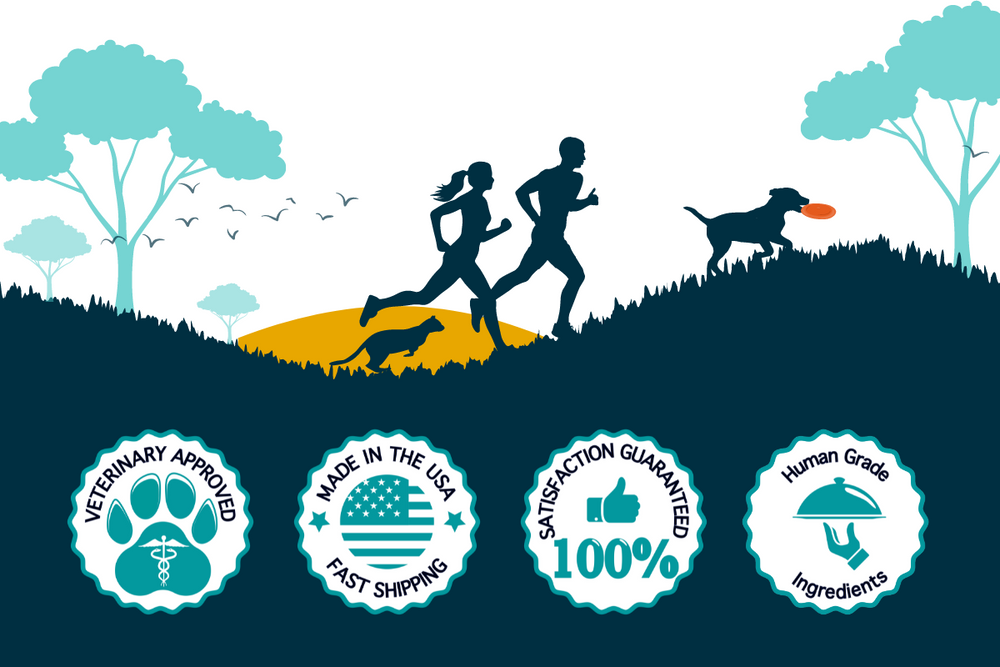Top 5 Tips for Keeping Your Sport Dogs Healthy So They Can Compete Longer. I love puppies, and I love training them. Their little brains are like sponges, soaking up new experiences and learning as fast as we can teach them.
1) Let puppies grow up
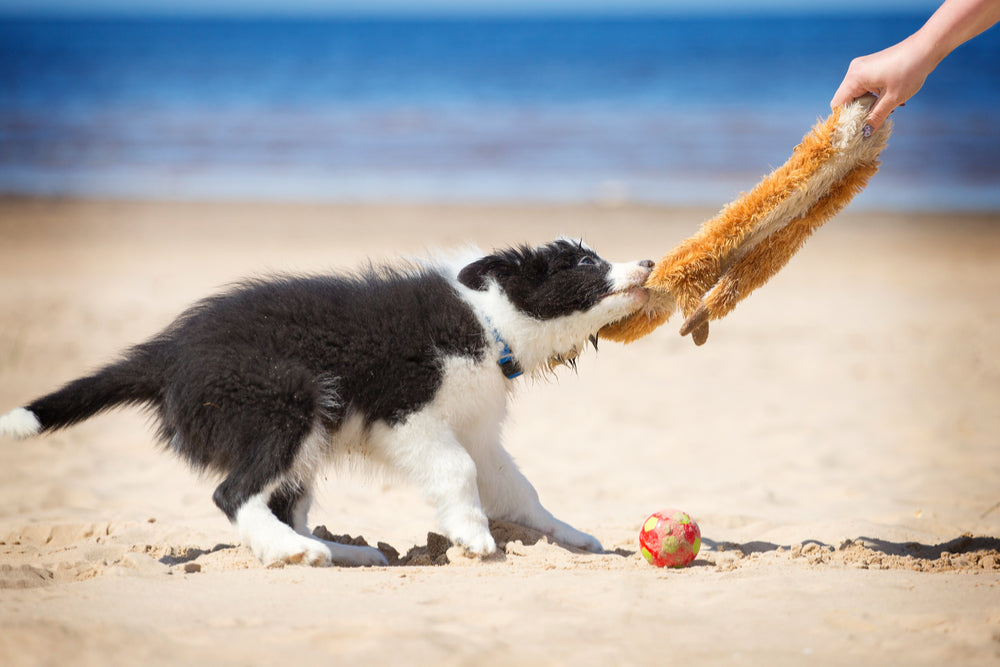
Anyone who has trained dogs, the blank slate of a new puppy appeals as an opportunity to train a new sport dog “better” than the previous one. We recognize the advantage of teaching sport-specific skills “right” the first time to avoid developing bad habits that need fixed later down the road. It’s critical to realize that just because a puppy can do something doesn’t mean they should do it.
Overtraining sport puppies has multiple drawbacks. Repetitive and percussive activities before physical maturity can easily cause subtle damage to the body that might not obviously materialize until later in life.
In the unfortunate event of an accident or trauma, injuries in still-growing puppies can be extremely complicated—even life altering. Aside from the risk of physical injury, training advanced skills, equipment, or patterns is often counterproductive. A growing puppy lacks the proper muscling and coordination to perform skills in the manner we want for picture-perfect sport performance.
Learning physically demanding skills before proper muscling develops may lead to compensation that can easily become a chronic training or physical issue.
Puppies must learn to use their bodies safely and mindfully while they’re still growing in order to best prepare them for more demanding physical training as adults.
There are hundreds of ways to do this without rushing to teach jumping, tight wraps, flyball box turns, or agility equipment. My own philosophy is that I’d rather have my dog competing at 12 years than 12 months.
2) Prioritize physical health
Dog sports place tremendous demands on our dogs’ bodies. I recommend taking full-body radiographs before commencing serious training. Knowing what you’re working with is priceless. If you document data while your dog is healthy, diagnosing injury or illness later is easier.
Many sport dogs have such high desire to work and play that they play through minor pain, so owners only become aware of an issue when it becomes critical. Physical wellness is essential for peak performance, and maintaining it helps our dogs have longer, healthier, happier lives. Regular vet care, proper nutrition, and the use of supplements all play a role in maintaining this health.
1TDC’s dual benefits for joint and dental health make it an excellent supplement for both sport dogs and pets. Tooth and gum disease can sneak up on even the most diligent dog owners.
Losing teeth or experiencing discomfort in the mouth can cause major disruptions in training and competition, so preventative action such as toothbrushing and the use of 1TDC is advantageous.
In the case of injury or illness, take the time to properly treat and rehabilitate your dog before resuming regular activity. This can be challenging with dogs who WANT to do stuff; owners must make wise and informed choices and prevent dogs from overextending their physical capabilities. Injuries not properly treated and rested usually become chronic, end performance careers, and negatively impact quality of life.
3) Train smarter, not harder
Proper training is essential for sport dogs, but overtraining carries risk. Once a skill is fully and correctly learned, it should not require much regular repetition. When training between competitions, focus on specific areas that need improvement rather than repeating obstacles or patterns with which the dog is proficient.
High impact, repetitive activities take a toll on our sport dogs’ bodies. Practicing them too much away from competition can lead to earlier onset of musculoskeletal conditions or injury.
The best dog trainers are splitters, not lumpers. They identify training issues and creatively find ways to split that issue out from the performance of full patterns or obstacles to fix problems. A dog who spits his ball early playing flyball doesn’t need to run full flyball patterns to fix it.
A dog that knocks bars or misses contacts in agility doesn’t need to run full courses to fix it. Develop a plan to address training issues that don’t require the full physical exertion of competition performance.
Professional human athletes don’t train by playing full games; they practice drills that improve skills. We would do well to emulate that approach with our canine athletes.
4) Focus on conditioning
Proper conditioning, without a doubt, helps extend the career of a sport dog. Keep your dog’s body in top shape by utilizing a conditioning program that encompasses cardio (aerobic and anaerobic), strength, balance, and body awareness training.
The best fitness programs continuously evolve to challenge the body in new ways, so don’t use the same exercises/games for every workout. Practice or training time in your chosen dog sport DOESN’T COUNT as conditioning.
5) Be attentive to changes
The early signs of illness or injury are easy to miss in sport dogs. Be attentive to even minor changes in a dog’s speed, endurance, and attitude. Quicker diagnosis means quicker road to recovery, so catching illness or injury early is key.
If you notice something is off, consult your veterinarian immediately. In the unfortunate event of an injury, follow your vet’s instructions precisely. Owner compliance is usually a huge barrier in healing injuries to sport dogs.
Resting and restriction are no fun for the dogs or their people, but they are 100% necessary in many cases. After an injury has healed, take your time rebuilding your dog’s muscles that atrophied while resting.
A slow and steady return to normal activity is much more prudent than diving back into a full training and competition schedule. I hope that these tips help you keep your competition dog(s) healthy and happy for many years to come!
Are you concerned about Hip dysplasia? Click here do learn more!
1-TDC Oral Health + Mobility Support for Dogs

$32.00
Keep your pet Happy, Active & Comfortable from Head-to-Tail with 1-TDC. This unique supplement is SO effective that it is recommended by TOP Veterinary Experts worldwide to maintain and improve your pet’s health in 4 important areas: Oral Health….… read more



